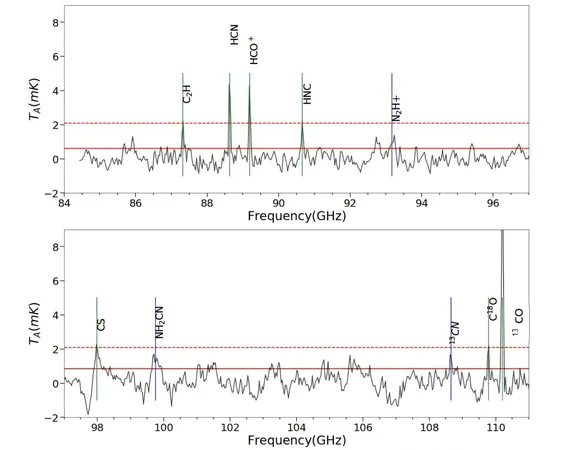
Boeing's Plea Bargain Over 737 Max Disasters Shot Down by Judge, Families Celebrate Justice
2024-12-06
Author: Sophie
Boeing's Legal Setback
In a significant legal setback for Boeing, a judge has rejected a plea deal that aimed to settle charges connected to the tragic crashes of its 737 Max aircraft, which resulted in the loss of 346 lives. This decision has been met with widespread approval from the victims' families, who criticized the agreement as a mere escape route for the aerospace giant.
Details of the Plea Deal
Back in July, Boeing reached an arrangement with the U.S. government wherein it would plead guilty to one count of criminal fraud, submit to independent monitoring, and pay a hefty fine of $243 million. However, U.S. District Judge Reed O'Connor deemed the deal inadequate on Thursday.
Judge's Criticism
He argued that it undermined the integrity of the court system, highlighting that the stipulations for hiring the independent monitor were reportedly 'contradictory.' Reactions from grieving family members were swift and positive.
Victims' Families Respond
Relatives of the victims labeled the plea deal a 'get-out-of-jail-free card for Boeing,' emphasizing that it failed to ensure accountability for the catastrophic accidents. The judge echoed their concerns, stating that the prior oversight by the government was insufficient and urging for more robust measures to protect public safety.
Concerns on Accountability and Trust
Judge O'Connor raised critical issues regarding the agreement’s lack of enforceability and its implications for public trust. He expressed that the requirement to consider race when appointing the monitor could potentially undermine confidence in the monitor's independence and capability, insisting that selection should solely depend on qualifications.
Families' Reactions
In a heartfelt statement, Ike and Susan Riffel, who lost their two sons in the crashes, welcomed the judge's ruling. They stated, 'This deal didn’t hold anyone accountable for the deaths of 346 people and did nothing to protect the flying public. We hope this ruling paves the way for real justice.'
Ongoing Scrutiny of Boeing
The ruling arrives amid ongoing scrutiny of Boeing, which has been grappling with its tarnished reputation following the accidents in 2018 and 2019. In fact, Boeing's troubles were compounded in January when an incident involving a door panel malfunction on a new aircraft operated by Alaska Airlines raised fresh concerns over safety protocols and engineering reliability.
Previous Oversight Agreement
As part of a previous agreement in 2021 over the flight control system failures, Boeing had accepted increased oversight, but the recent door panel incident fueled doubts about the company's compliance with regulatory standards. Notably, the Department of Justice had reported violations of the established agreement, which could pave the way for heightened legal repercussions.
Future Steps for Boeing and DOJ
Now, with 30 days to present a new plan following the court's ruling, both Boeing and the Department of Justice face pressing questions: How will they regain public trust, and what concrete steps will they take to ensure the safety of passengers flying with the 737 Max and other aircraft?
Conclusion
The situation remains fluid, but one thing is certain: the path to restoring Boeing’s credibility will not be easy, especially with a chorus of victims' families demanding accountability and justice for their losses. The aerospace industry watches closely, as the ramifications of this ruling could resonate far beyond Boeing alone, influencing the regulatory landscape for years to come.









 Brasil (PT)
Brasil (PT)
 Canada (EN)
Canada (EN)
 Chile (ES)
Chile (ES)
 España (ES)
España (ES)
 France (FR)
France (FR)
 Hong Kong (EN)
Hong Kong (EN)
 Italia (IT)
Italia (IT)
 日本 (JA)
日本 (JA)
 Magyarország (HU)
Magyarország (HU)
 Norge (NO)
Norge (NO)
 Polska (PL)
Polska (PL)
 Schweiz (DE)
Schweiz (DE)
 Singapore (EN)
Singapore (EN)
 Sverige (SV)
Sverige (SV)
 Suomi (FI)
Suomi (FI)
 Türkiye (TR)
Türkiye (TR)